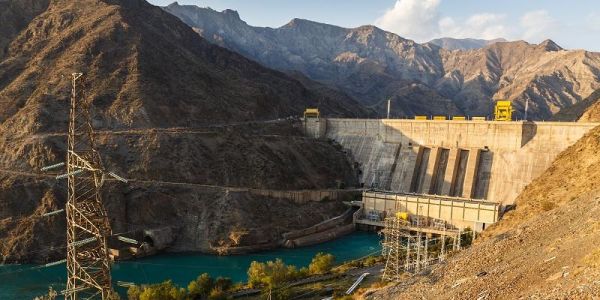
Hydropower without the environmental impact
Scientists have analysed data from nearly three million rivers across the globe to identify where hydropower stations could be sited with limited environmental impacts.

Scientists have analysed data from nearly three million rivers across the globe to identify where hydropower stations could be sited with limited environmental impacts.

The University of Leeds has joined a national consortium that aims to ensure the UK retains its place as a centre for world-leading research.

Scientists have decoded the physical process that takes place in the mouth when chocolate is eaten, as it changes from a solid into a smooth emulsion that many people find totally irresistible.

Scientists have developed AI to track the development of crevasses - or fractures - on the Thwaites Glacier ice tongue in west Antarctica.

A major European research partnership is to expand its collaborative projects to help tackle pressing global issues.

Members of the University of Leeds community are among those recognised in the New Year Honours.

A pacing rehabilitation programme that helps people with long COVID reduce their symptoms and increase activity levels has shown “impressive” results, say scientists.

Phosphorus use in the UK needs to be better managed and used in a much more sustainable way to reduce river pollution and increase resilience over rising fertiliser prices, say researchers.

One in five GPs could be unwilling to prescribe aspirin to patients with a cancer-causing syndrome, despite national guidelines advising it, new research has found.

Parks in West Yorkshire should be better designed and managed so that women and girls feel safe throughout the day and after dark, according to a new study.